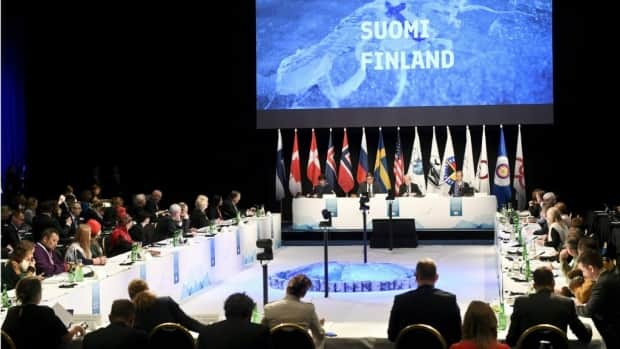Iceland to pass chair of Arctic Council to Russia

Iceland spent its two years as chair of the Arctic Council with a focus on sustainability in marine life, climate and green energy, and a stronger council for Arctic communities.
This week, their term as chair comes to an end and will be passed to the Russian following their bi-annual meeting, the 12th Arctic Council Ministerial Meetings kick off in Reykjavik, Iceland, this week.
There will be briefings on the effects of climate change on the Arctic, the future of shipping in the Arctic, human health and what we can learn from Arctic and Indigenous peoples when looking to the future.
Delegates and representatives from all eight Arctic states and six Indigenous groups will sum up all the work Iceland has completed between 2019 and 2021.
This is also the 25th anniversary of the Arctic Council and ministers are expected to sign the council's first ever strategic plan.
Background on the Arctic Council
The Arctic Council was established in 1996 and is comprised of Canada, the United States, Finland, Iceland, Russia, Norway, Denmark and Sweden.
Every two years the chairmanship is passed on to another Arctic state.
The council's main priorities include examining the effects of climate change and pollution on the Arctic, improving the wellbeing of Arctic residents, studying changing ice and increased marine traffic in Arctic waters, monitoring biodiversity and species, and encouraging international cooperation.
Six Indigenous groups, known as permanent participants, also sit on the Council and have full consultation rights in any decision or negotiation made by the Arctic States.
They include the Aleut International Association, Arctic Athabaskan Council, Gwich'in Council International, Inuit Circumpolar Council, Russian Association of Indigenous Peoples of the North and Saami Council.
There are also six groups that manage, coordinate and report on projects started by a new chairmanship or continuing on from previous years. They focus on sustainable development, Arctic contaminants, conserving Arctic flora and fauna, marine protection, Arctic monitoring and emergency prevention and response.
Russia plans to focus its next two years on the Arctic Council promoting sustainable development.

